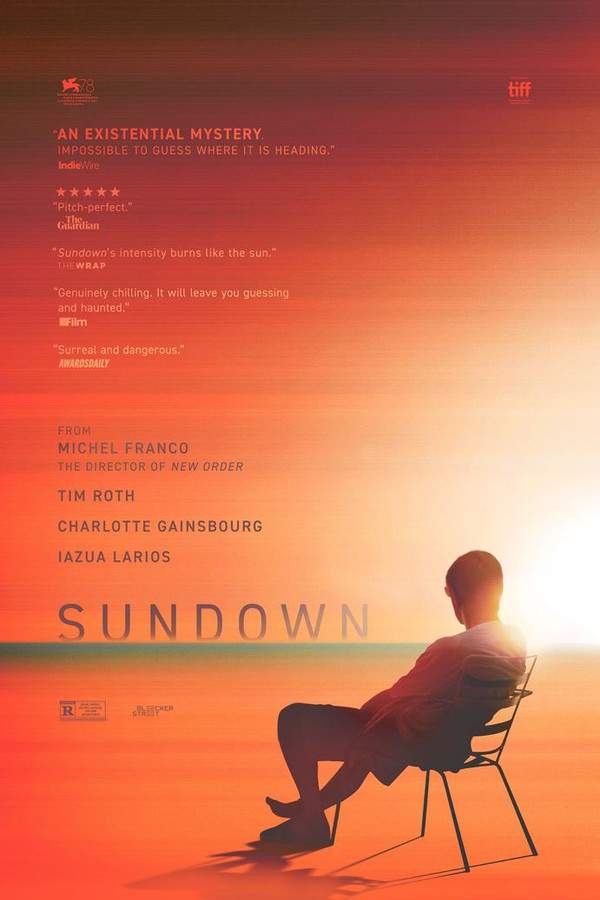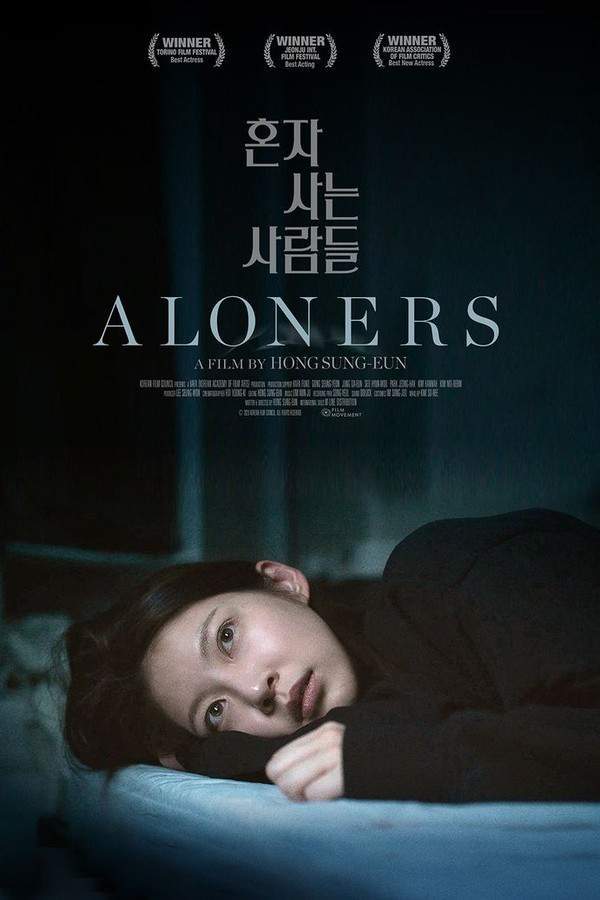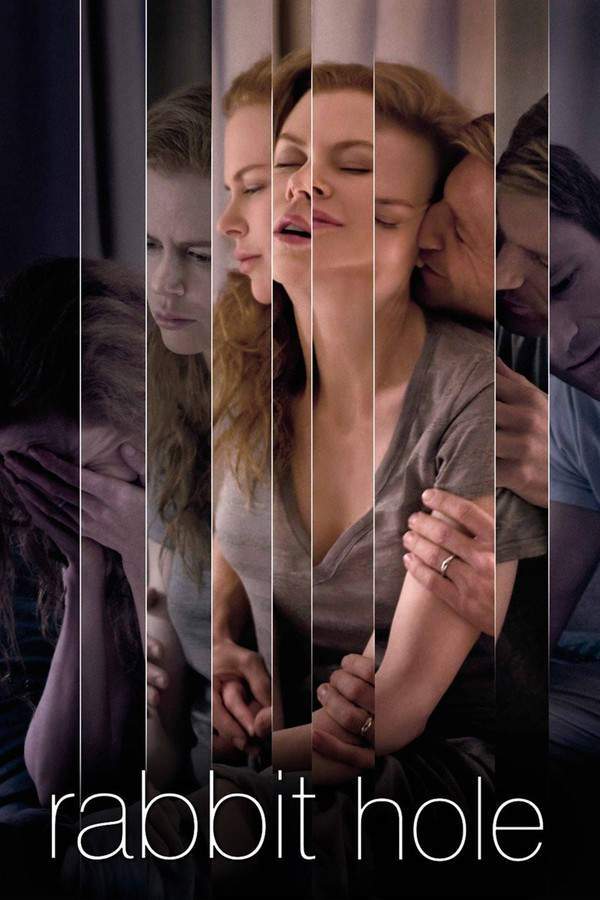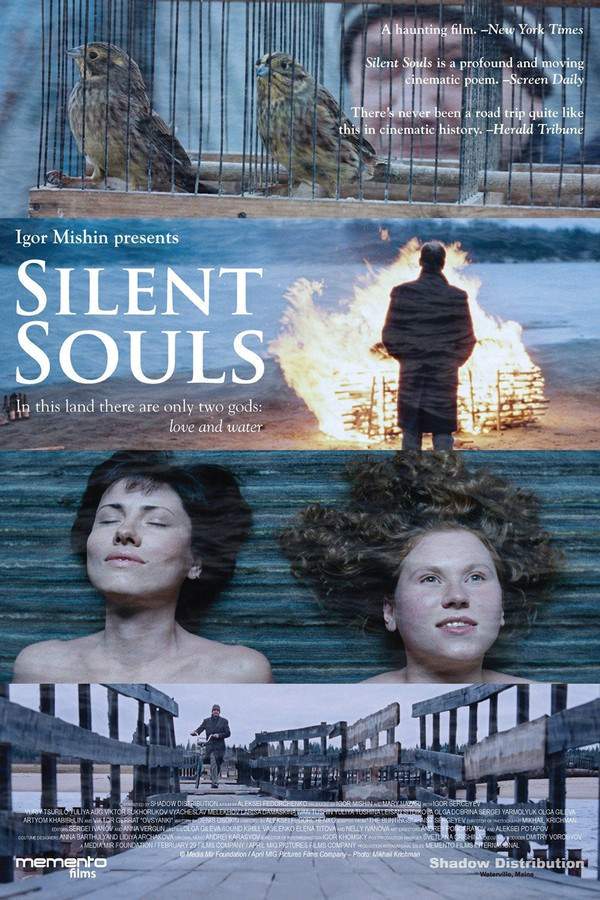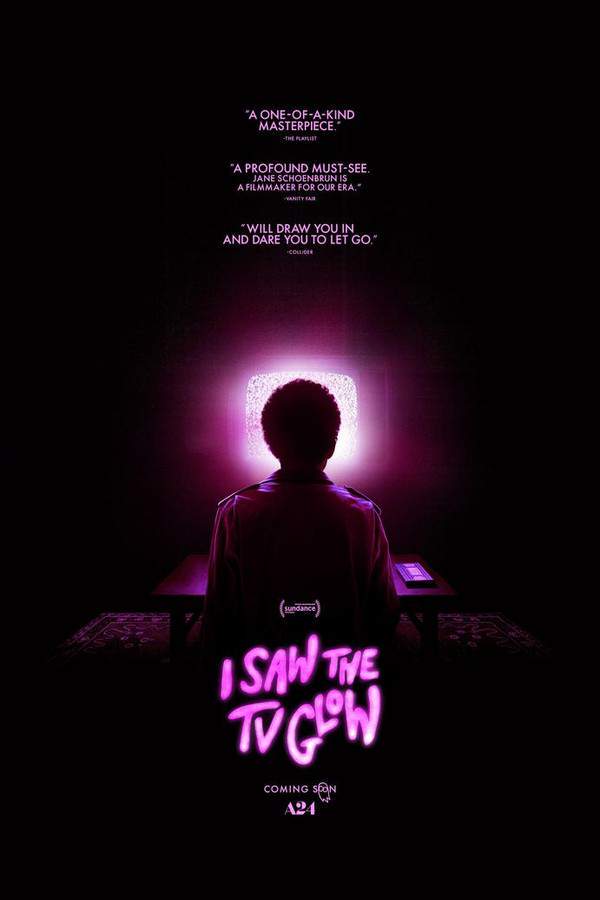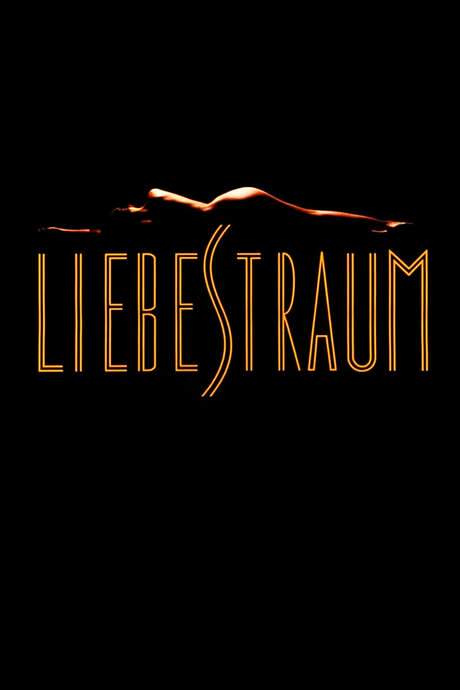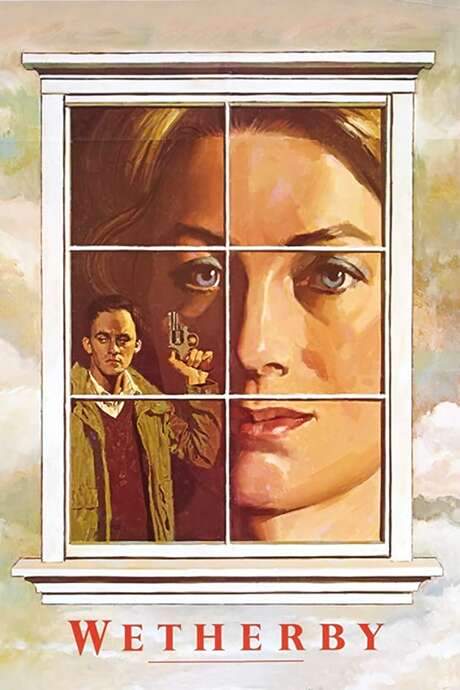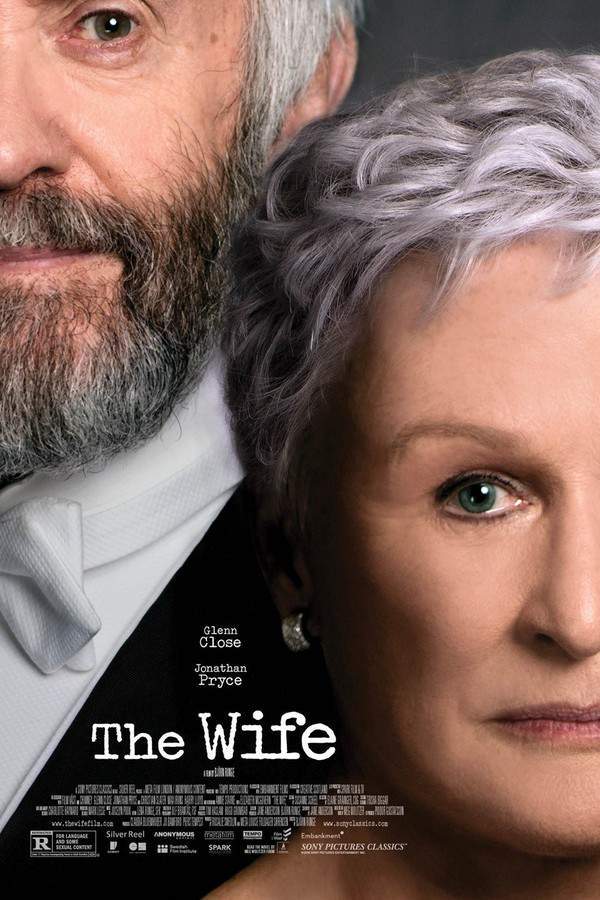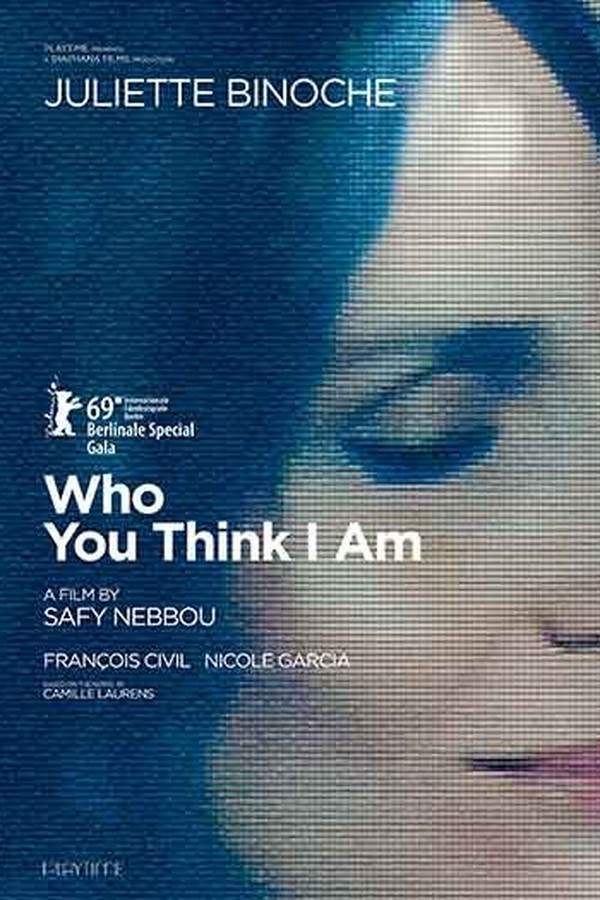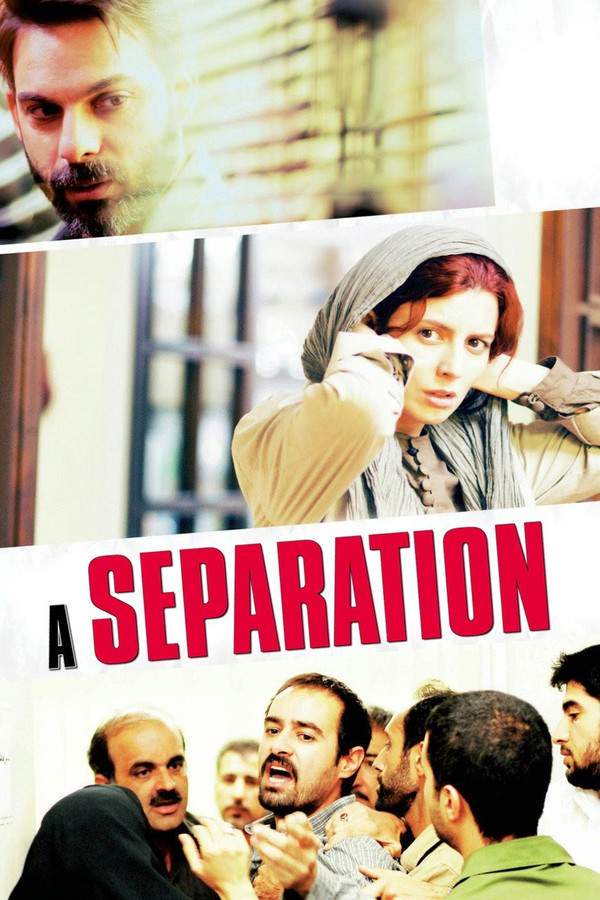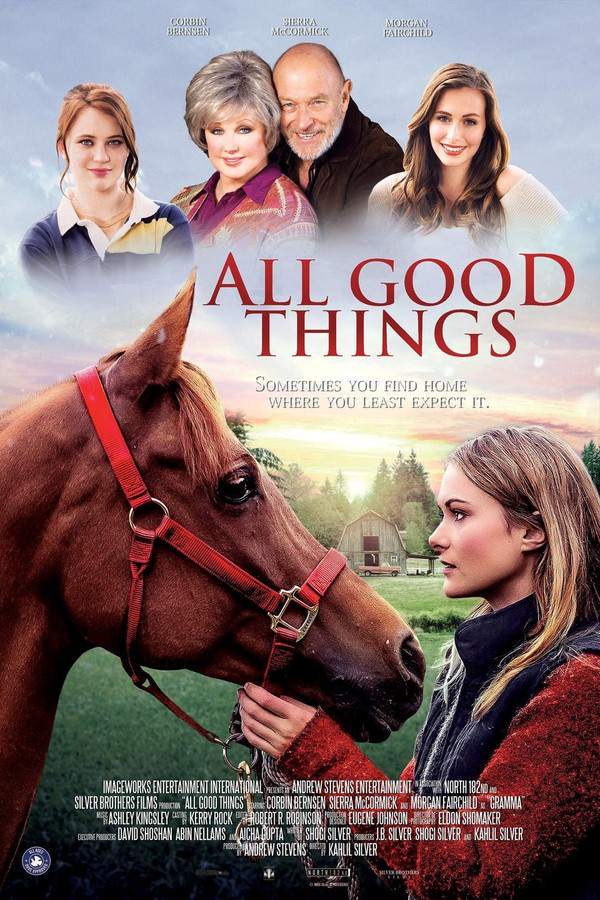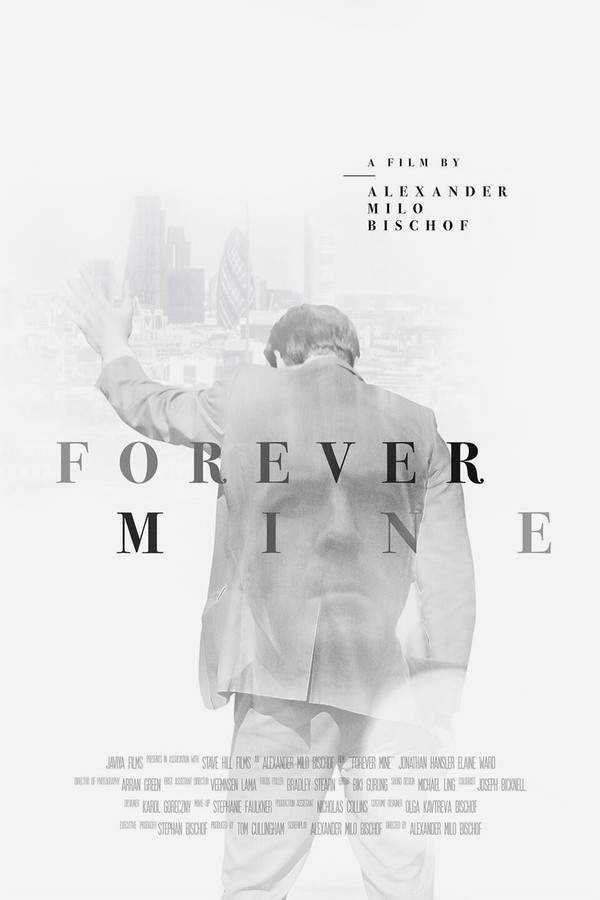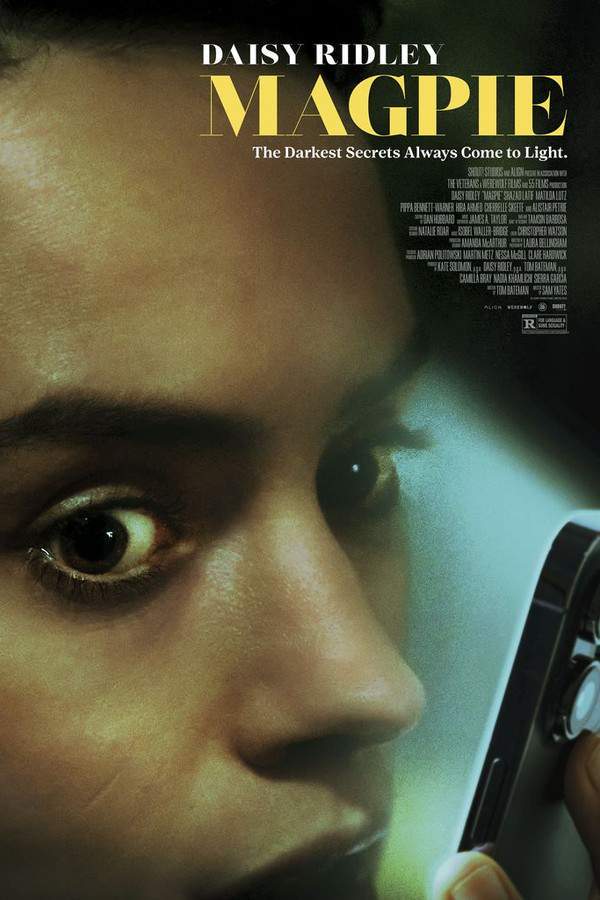
Ardor
Year: 2002
Runtime: 112 mins
Language: Korean
Director: Byun Young-joo
Seeking revenge for her husband’s infidelity, Mi‑heun, a young housewife, begins an affair with the handsome doctor In‑gyu. Though her husband tries to win her back and the conservative town condemns her, Mi‑heun finds growing happiness in the relationship and ultimately chooses to abandon her quiet, conventional life.
Ardor (2002) – Spoiler-Free Movie Summary & Plot Overview
Get a spoiler-free look at Ardor (2002) with a clear plot overview that covers the setting, main characters, and story premise—without revealing key twists or the ending. Perfect for deciding if this film is your next watch.
In the quiet folds of a rural Korean town, the rhythm of daily life is marked by modest routines and the unspoken expectations of a close‑knit community. Against this backdrop, Mi‑heun, a thirty‑year‑old housewife, finds her world unsettled when the foundation of her marriage begins to crumble. The town’s conventional veneer—its modest homes, the local book‑store, and the gentle hum of neighbors’ conversations—contrasts sharply with the storm of emotions brewing inside her, giving the film a tension that feels both intimate and palpable.
Mi‑heun’s husband, Dong‑wook, is a pragmatic man who turns away from a demanding career in an effort to preserve a simple, orderly life for his family. His earnest attempts to mend the fissures in their relationship are met with a mixture of hope and resistance, reflecting the delicate dance between duty and desire that defines the couple’s dynamic. The conservative atmosphere of the town watches and whispers, its collective gaze adding a layer of quiet judgment that amplifies the personal stakes.
Enter In‑gyu, the town’s doctor whose quiet competence and understated charm make him both a figure of respect and a source of intrigue. Their paths cross in moments that feel charged with possibility, offering Mi‑heun a glimpse of a different kind of connection—one that is immediate, risky, and oddly liberating. The chemistry between them hints at a transformative journey, suggesting that the allure of the forbidden can become a catalyst for self‑discovery.
The film moves with a measured, almost lyrical pace, allowing the scenery—sun‑drenched fields, lingering afternoons at a rest stop, the soft rustle of leaves—to echo the inner turmoil of its characters. As Mi‑heun stands at the crossroads of tradition and yearning, the story invites viewers to contemplate the cost of choosing a path that defies expectation, while the town’s quiet chorus continues to linger in the background, underscoring every whispered decision.
Last Updated: October 23, 2025 at 16:17
Explore Movie Threads
Discover curated groups of movies connected by mood, themes, and story style. Browse collections built around emotion, atmosphere, and narrative focus to easily find films that match what you feel like watching right now.
Quiet Small Town Dramas with Heavy Emotion like Ardor
Stories of quiet desperation unfolding under the oppressive weight of small-town life.For viewers seeking movies like Ardor, this selection focuses on melancholic dramas set in restrictive communities. These stories feature characters struggling with emotional weight, societal pressure, and a slow-burn pacing that builds a palpable sense of quiet desperation and longing.
Narrative Summary
Narratives in this thread often follow a character who feels suffocated by their environment, leading to a personal crisis or transgression. The plot unfolds slowly, emphasizing the psychological impact of conformity and the high cost of seeking liberation, often culminating in ambiguous or bittersweet resolutions.
Why These Movies?
These movies are grouped by their shared mood of melancholic stillness and a setting that acts as a prison. The combination of slow pacing, heavy emotional weight, and a focus on quiet, internal conflict creates a specific, immersive experience of psychological tension and societal claustrophobia.
Movies About Emotional Affairs and Self-Discovery like Ardor
Infidelity stories where the affair is less about romance and more about reclaiming identity.If you liked Ardor's exploration of an affair as a path to self-discovery, these movies offer similar narratives. They delve into the complex emotional weight of infidelity, not just as betrayal, but as a transformative act of breaking conventions and confronting personal trauma.
Narrative Summary
The narrative pattern involves a protagonist, often traumatized or unfulfilled, who enters an affair that becomes a means of rebellion and self-actualization. The journey is emotionally heavy, challenging societal norms and personal relationships, and typically leads to an ambiguous or bittersweet ending where the character's future is uncertain but their transformation is complete.
Why These Movies?
These films are linked by their thematic treatment of infidelity as a destructive yet transformative force. They share a heavy emotional weight, a focus on psychological trauma and recovery, and a tone that balances melancholic reflection with the tense consequences of breaking social contracts.
Unlock the Full Story of Ardor
Don't stop at just watching — explore Ardor in full detail. From the complete plot summary and scene-by-scene timeline to character breakdowns, thematic analysis, and a deep dive into the ending — every page helps you truly understand what Ardor is all about. Plus, discover what's next after the movie.
Ardor Summary
Read a complete plot summary of Ardor, including all key story points, character arcs, and turning points. This in-depth recap is ideal for understanding the narrative structure or reviewing what happened in the movie.

Ardor Timeline
Track the full timeline of Ardor with every major event arranged chronologically. Perfect for decoding non-linear storytelling, flashbacks, or parallel narratives with a clear scene-by-scene breakdown.

Characters, Settings & Themes in Ardor
Discover the characters, locations, and core themes that shape Ardor. Get insights into symbolic elements, setting significance, and deeper narrative meaning — ideal for thematic analysis and movie breakdowns.

More About Ardor
Visit What's After the Movie to explore more about Ardor: box office results, cast and crew info, production details, post-credit scenes, and external links — all in one place for movie fans and researchers.


